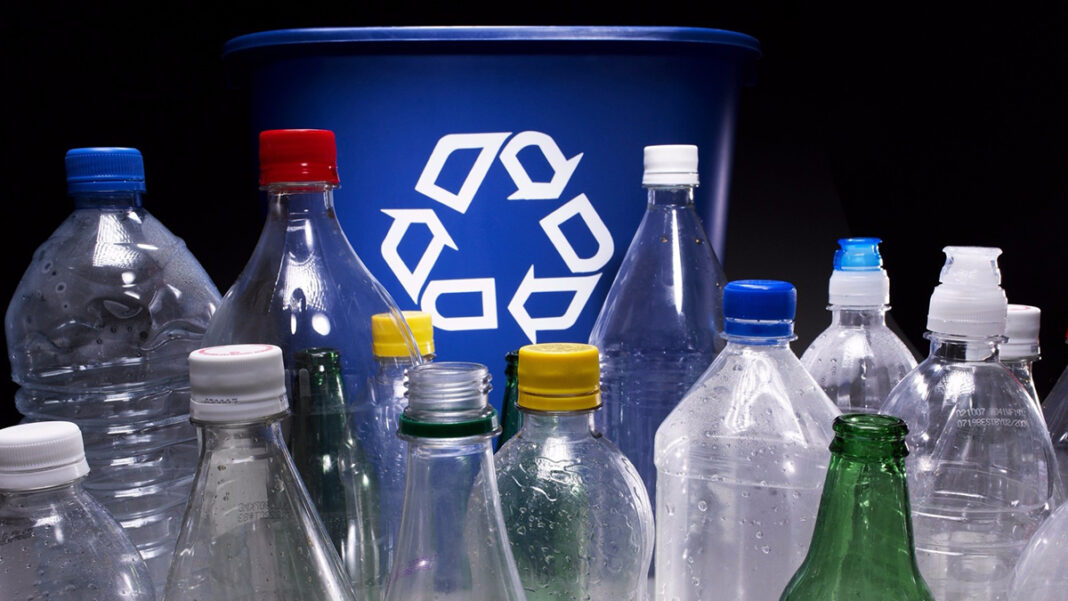The term sustainable technology is also known as “clean-tech” and it describes any technology that promotes the use of natural resources with little or no carbon footprint as well as other ecological benefits. The truth is that there is still no “official” explanation or standardization on what sustainable technology is. Regardless of this fact, the earth is becoming increasingly difficult to live in, what with all the pollution and climate change that is happening everywhere.However, there are some general points on which everyone agrees on to be able to call something sustainable, as far technology is concerned. The following are main ones.
Being Able to Substitute
Whatever the technology is, if you can shift from using non-renewable sources to renewable ones, then you can call it sustainable. It will also need to use biodegradable products for manufacturing, instead of non-biodegradable products. The technology should be able to move away from ecosystem damaging practices to restorative trends.
Prevention of Pollution
Ideally, in order to be called sustainable, it should not emit or discharge harmful toxins. Basically, it should not have a negative impact on the environment.
Frugality
If the technology involves using resources at much lower levels compared to before, then it can be considered as sustainable. By resources, it is also meant by the amount of energy used to manufacture it.
The Future of Sustainable Technology
The area in which sustainable technology will be most needed will be in infrastructure. This includes water, electricity, transportation and food production. Even though it is impossible at the present time to completely move away from fossil fuels, progress is being made in several different areas. For example, water filtration and distribution. Water shortage is a huge problem that exists throughout the world, especially drinking water. Even in areas where water is available, it is not always fit for consumption. More and more sustainable technologies are being used to purify water on a large scale. As far as irrigation is concerned, better methods that don’t waste water have been developed, both for small as well as large-scale farming.
Production of electricity is yet another looming crisis. As of now, most electricity is produced from plants powered by fossil fuels. Obviously, this is a problem from, both, a sustainability point of view as well as pollution. Unfortunately, greener alternatives such as solar, wind and hydroelectricity is not producing quite enough power. With more government intervention and subsidies, this is slowly getting better.
Farming and the food industry can also benefit tremendously from sustainable practices. This is true from the farm to the dining room table. The way in which crops are grown has seen a lot of changes in the last couple of decades. This includes much more efficient irrigation and disease resistant crops. Farms, by nature, produce a lot of pollution. More environmentally sustainable farming methods are starting to come online. These include more biodegradable fertilizers and pesticides. Farmers are also being encouraged to take advantage of computerized equipment for any type of chemicals used in farming.










